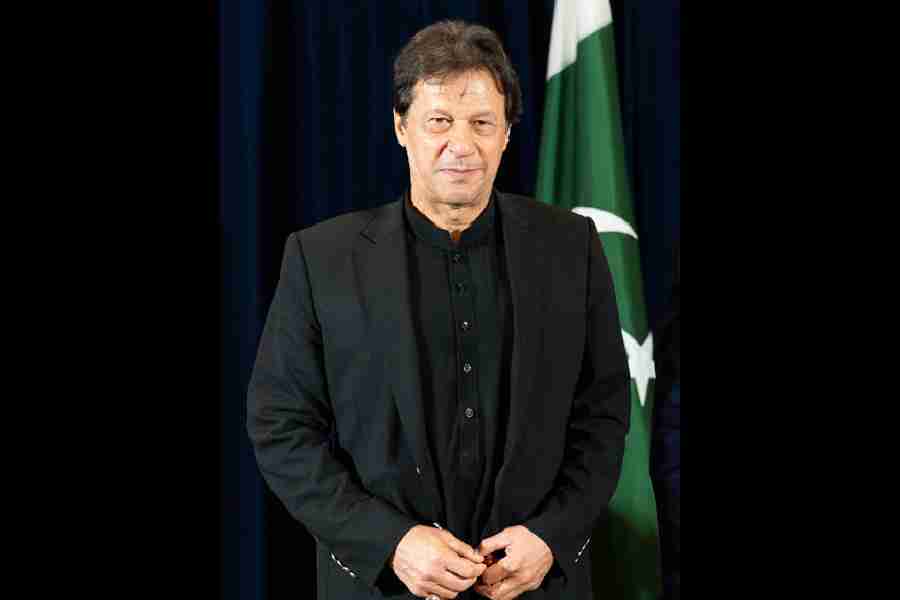The arrest of the former prime minister of Pakistan, Imran Khan, has, so far, not sparked the kind of protests — such as violent attacks on military installations — that were witnessed when he was jailed briefly in May. Yet it marks a decisive moment in Pakistan’s journey, coming months before it is scheduled to hold national elections. An Islamabad court sentenced Mr Khan to a three-year prison term — he is also disqualified from holding office for five years — after he was convicted of charges of corruption involving the unauthorised sale of State gifts received when he was prime minister. He also faces other cases that could compound his legal challenges. Mr Khan has built a resume filled with comebacks — in both sports and politics. But a prolonged bar on participating in elections could spell doom for his Pakistan Tehreek-e-Insaf party, built almost entirely around his charisma and personality. In the short run, the verdict appears to have eliminated Mr Khan — who has openly taken on Pakistan’s military apparatus in recent months — from the race to run the country’s next government after the elections.
But in many ways, Mr Khan’s predicament risks chilling not just his party’s future but also the hopes and dreams of millions of Pakistanis who had taken to the streets seeking — and believing in — change under the former cricketer. Mr Khan, who has himself been close to the very military that he now challenges, has seen his party crumble around him. Numerous leaders have left — allegedly under pressure from the military — after a crackdown following the May violence. The former prime minister was forced to distance himself from the attacks by supporters on military buildings, having been pushed into an uncharacteristic defence against a barrage of hostile bouncers from the army. The success of the Establishment — as the military is euphemistically known in Pakistan — in crushing his opposition, at least for now, is likely to serve as a warning to others who might have hoped for a more genuinely democratic future for Pakistan. Irrespective of the truth of the allegations against Mr Khan, that cannot be good for the future of Pakistan. While none of this should directly impact India, a Pakistani military that is seeking to reestablish its credibility in the eyes of millions of Mr Khan’s supporters might be tempted to dial up nationalist rhetoric that could escalate tensions with New Delhi. India must keep its eyes on the ball.











